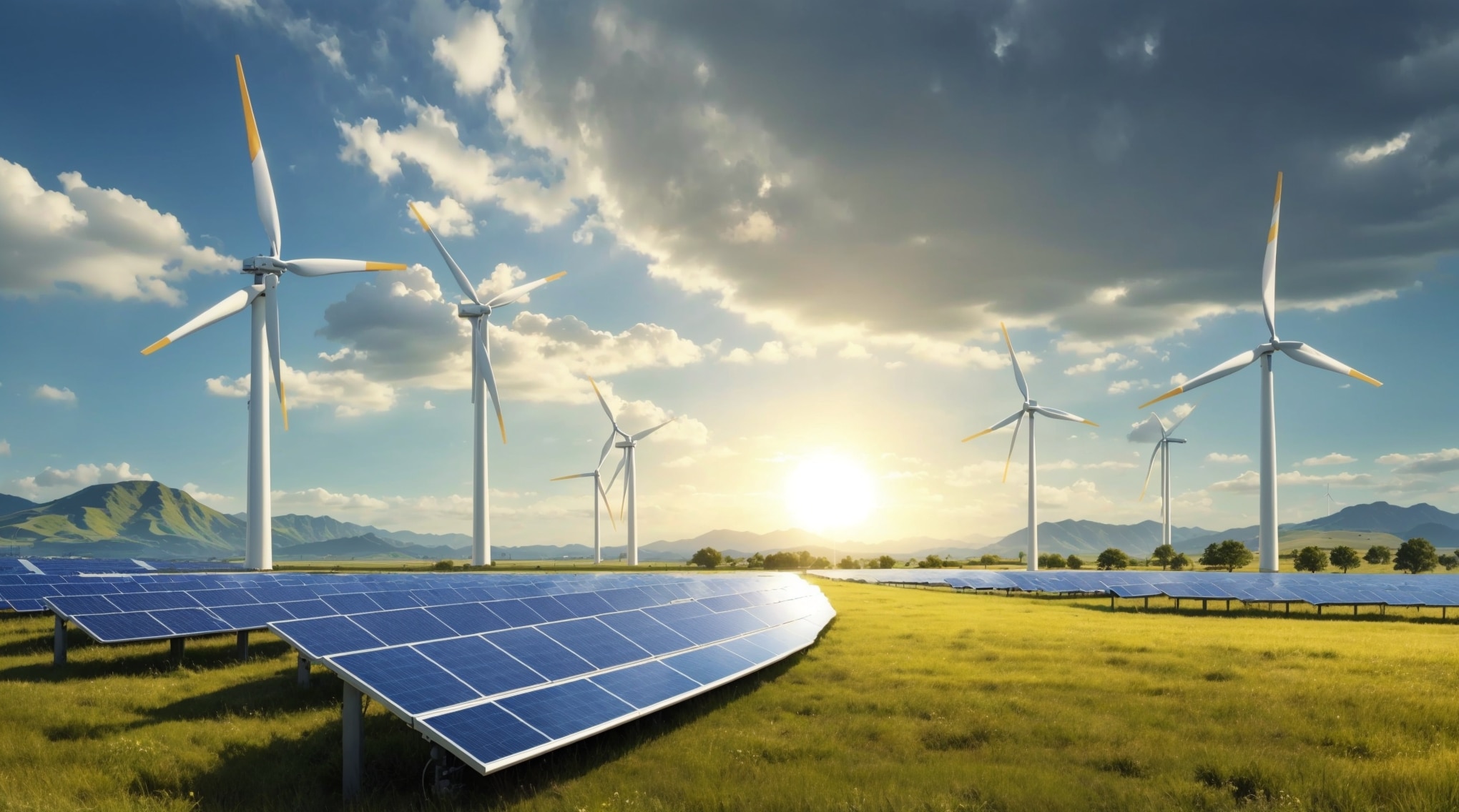
Seven countries have achieved remarkable success in renewable energy production, nearly generating all of their electricity from renewable sources like geothermal, hydro, solar, and wind power. These countries—Albania, Bhutan, Nepal, Paraguay, Iceland, Ethiopia, and the Democratic Republic of Congo—have each produced more than 99.7% of their electricity consumption through these sustainable means.
This significant achievement in renewable energy utilization underscores a growing global trend. According to data from the International Energy Agency (IEA) and International Renewable Energy Agency (IRENA), an additional 40 countries generated at least 50% of their electricity from renewable sources in 2021 and 2022. This group includes 11 European countries, highlighting a widespread shift towards sustainable energy practices across continents.
Stanford University Professor Mark Jacobson, who published this data, emphasized the feasibility of transitioning to renewable energy without the need for new technological breakthroughs. He advocates for a strategy that involves electrifying various sectors and powering them through what he refers to as “Wind, Water, and Solar (WWS)” methods. These include onshore wind, solar photovoltaics, concentrated solar power, geothermal, and both small and large hydroelectric projects.
Professor Jacobson also highlighted that some countries, like Germany, have managed to run entirely on renewable energy for brief periods, demonstrating the potential for even greater achievements in sustainable power generation.
The United Kingdom, for instance, has made significant strides, with renewable sources generating 41.5% of its electricity in 2022, marking an increase of 10.5% from the previous year. Scotland, in particular, has excelled by generating electricity equivalent to 113% of its consumption from renewables, primarily wind power, in the same year.
The increasing viability of renewable energy is also being driven by technological advances, particularly in solar power. Researchers predict that solar energy, boosted by improvements in solar cell efficiency and the introduction of materials like perovskite, will dominate global electricity supplies in the coming decades.
A study by the University of Exeter and University College London last year declared that solar energy has reached an “irreversible tipping point” and could become the main global energy source by 2050. This transition, according to the research published in Nature Communications, is seen as both inevitable and economically viable, marking a pivotal moment in the global shift towards sustainable energy solutions.



 and then
and then
https://honda-fit.ru/forums/index.php?autocom=gallery&req=si&img=7035
https://honda-fit.ru/forums/index.php?autocom=gallery&req=si&img=7086
https://hrv-club.ru/forums/index.php?autocom=gallery&req=si&img=7091
http://wish-club.ru/forums/index.php?autocom=gallery&req=si&img=5386
http://wish-club.ru/forums/index.php?autocom=gallery&req=si&img=5384
http://terios2.ru/forums/index.php?autocom=gallery&req=si&img=4823
https://myteana.ru/forums/index.php?autocom=gallery&req=si&img=6879
https://hrv-club.ru/forums/index.php?autocom=gallery&req=si&img=7009
http://passo.su/forums/index.php?autocom=gallery&req=si&img=4277
https://myteana.ru/forums/index.php?autocom=gallery&req=si&img=6709
https://vitz.ru/forums/index.php?autocom=gallery&req=si&img=4903
https://honda-fit.ru/forums/index.php?autocom=gallery&req=si&img=7134
https://vitz.ru/forums/index.php?autocom=gallery&req=si&img=4908
http://toyota-porte.ru/forums/index.php?autocom=gallery&req=si&img=3146
http://terios2.ru/forums/index.php?autocom=gallery&req=si&img=4542
https://vitz.ru/forums/index.php?autocom=gallery&req=si&img=4827
https://honda-fit.ru/forums/index.php?autocom=gallery&req=si&img=7060